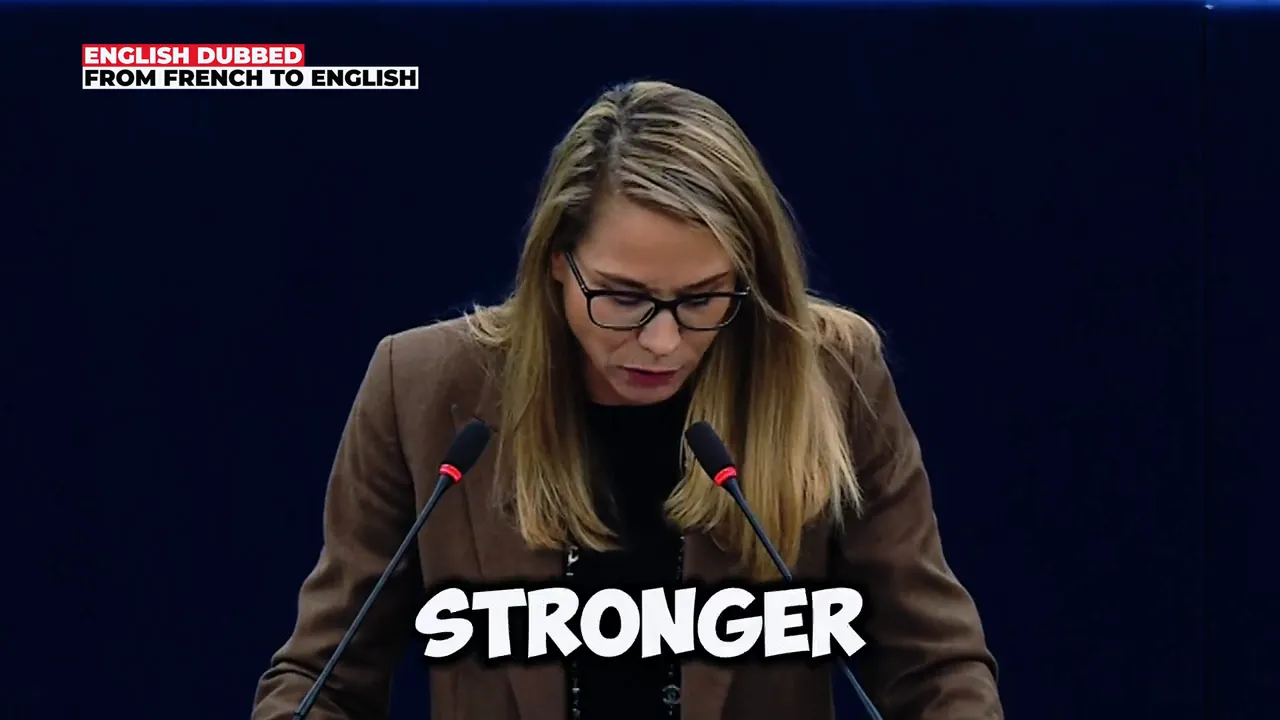In a heated debate within the European Parliament, the clash between freedom of expression and censorship on social media platforms has taken center stage. This blog explores the arguments presented regarding the implications of digital censorship on democracy, particularly in light of recent events in Romania. As the EU grapples with the balance between regulating misinformation and preserving free speech, the future of democratic processes hangs in the balance.
Table of Contents
- Introduction to the Debate
- The Arrogance of Globalist Power
- The Dangers of Orwellian Censorship
- Youth and Political Change
- The Impact of Social Media on Elections
- Allegations of Misinformation and Censorship
- The Role of Digital Service Act (DSA)
- Social Media as Battlegrounds for Democracy
- The Need for Diverse Voices
- Censorship: A Tool of Control
- Recent Developments in Romania
- Responses to Censorship and Control
- The Manipulation of Public Perception
- A Call for Freedom of Expression
- The Future of Democracy in Europe
- Conclusion: The Fight for Freedom Continues
Introduction to the Debate
The ongoing discourse surrounding social media and democracy highlights a significant tension between freedom of expression and governmental control. In the heart of this debate lies the core question: how much influence should governments wield over digital platforms? This discussion is particularly vital in the context of recent elections and the perceived manipulation of democratic processes.
The Role of the People
In a true democracy, power is derived from the populace. However, recent events in Romania have raised concerns about the integrity of this principle. Courts appear to be overriding electoral outcomes, suggesting a breach of constitutional law. This situation exemplifies a broader issue of globalist power undermining democracy.
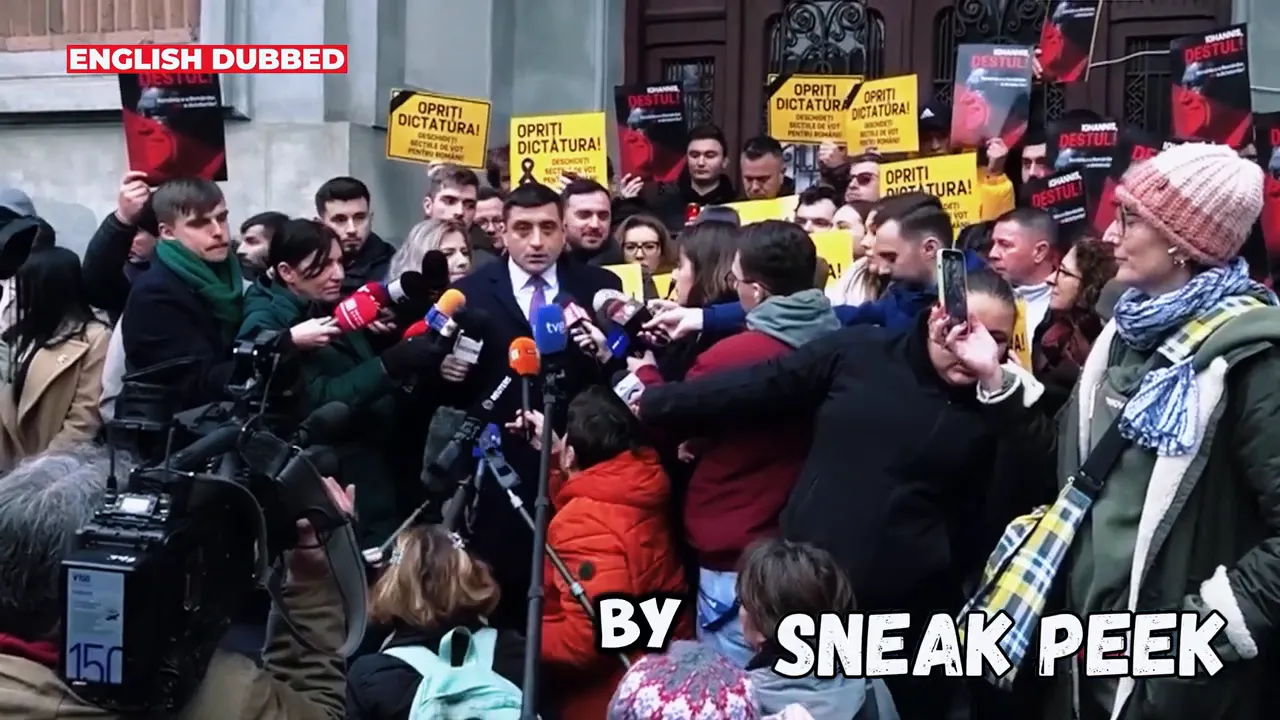
The Arrogance of Globalist Power
The term “globalist misanthropes” encapsulates a growing frustration with those who manipulate political systems for their own ends. This arrogance is palpable, especially when the voices of ordinary citizens are dismissed. It raises the question of who really holds the reins of power and at what cost to democracy.
Disregard for Public Sentiment
Politicians often fail to recognize the genuine concerns of their constituents. This disconnect has led to a fake democracy where the wishes of the people are overlooked. Such behavior not only alienates voters but also cultivates a breeding ground for dissent.
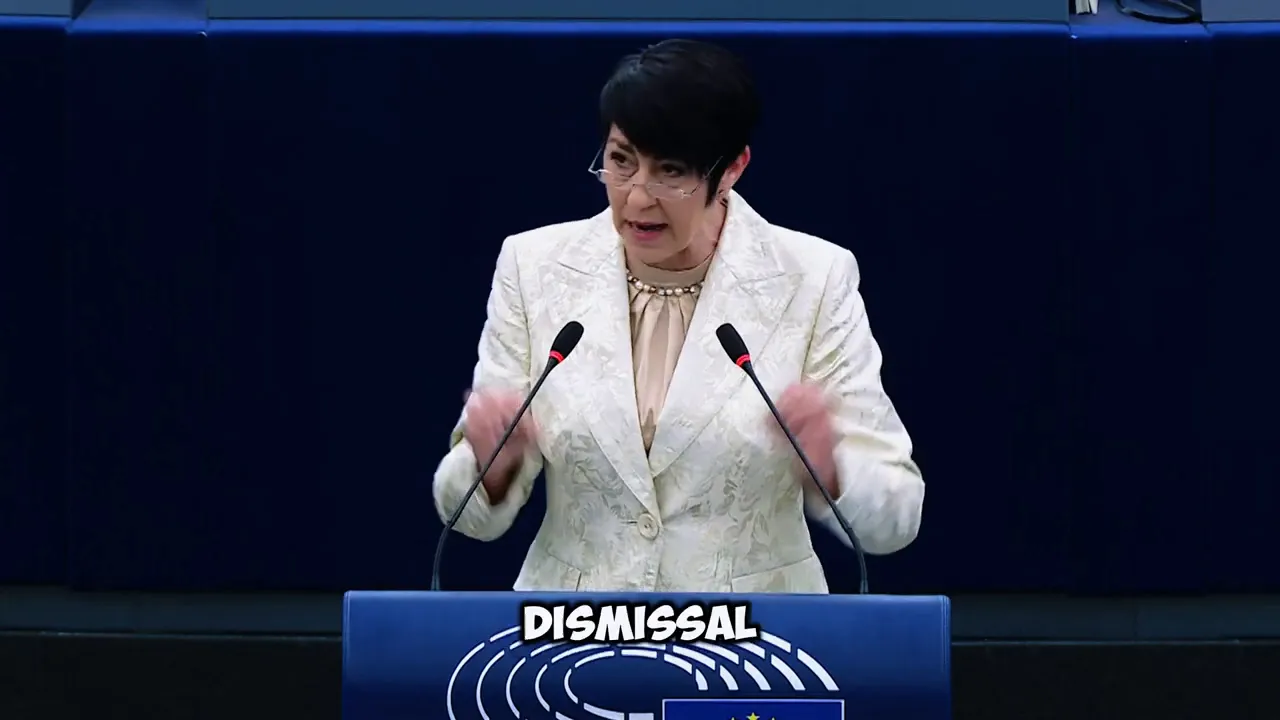
The Dangers of Orwellian Censorship
The concept of Orwellian censorship is not merely theoretical; it is a present danger. The push for increased regulation of online platforms signals a desire to control not just information, but thought itself. This is a slippery slope that threatens the very fabric of democratic ideals.
The Surveillance State
As governments attempt to censor dissenting voices, they risk creating a surveillance state. This Orwellian “big brother” approach seeks to monitor and control every thought and action of citizens. Such measures are not only invasive but also detrimental to the principles of freedom and democracy.
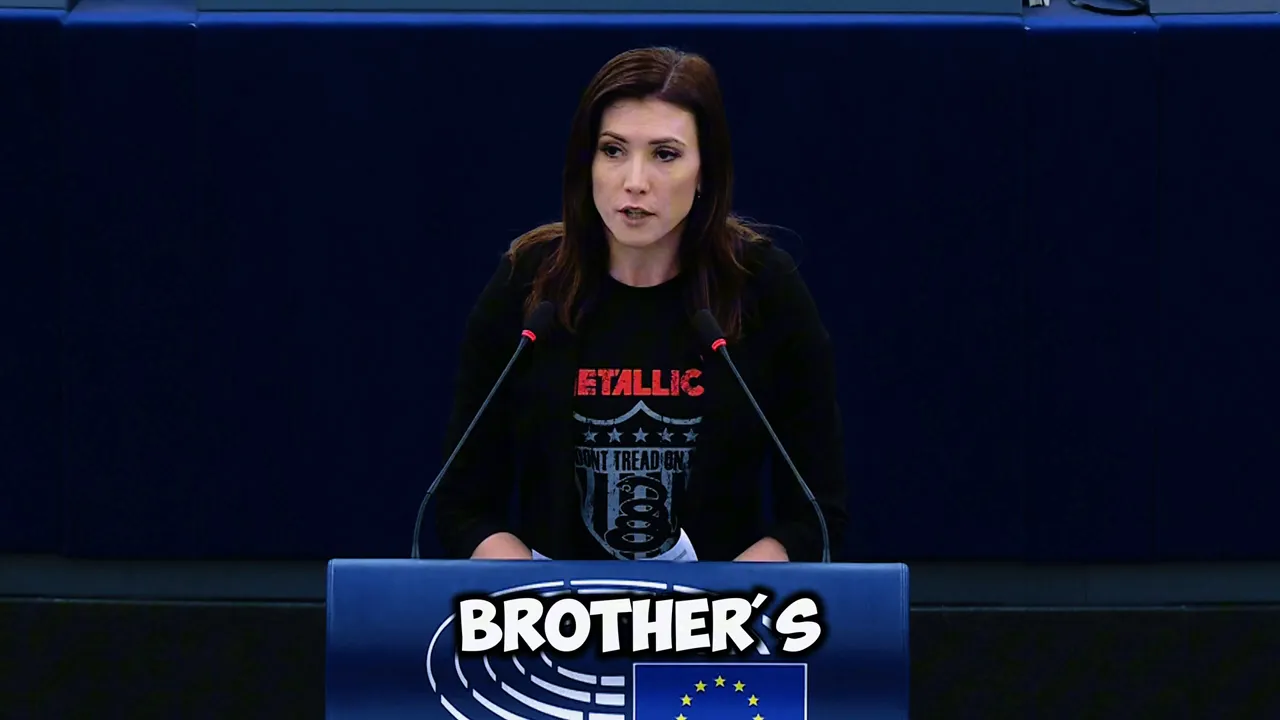
Youth and Political Change
The younger generation is often blamed for shifting political dynamics, particularly regarding social media’s role in elections. However, this perspective fails to acknowledge the larger systemic issues at play. Young voters are not merely a demographic; they are a powerful force for change.
The Disconnect with Youth
Political leaders must confront their own failures rather than scapegoat the youth. The younger generation is increasingly disillusioned with traditional politics, often feeling unheard and undervalued. This disconnection is a critical factor in the evolving landscape of political engagement.
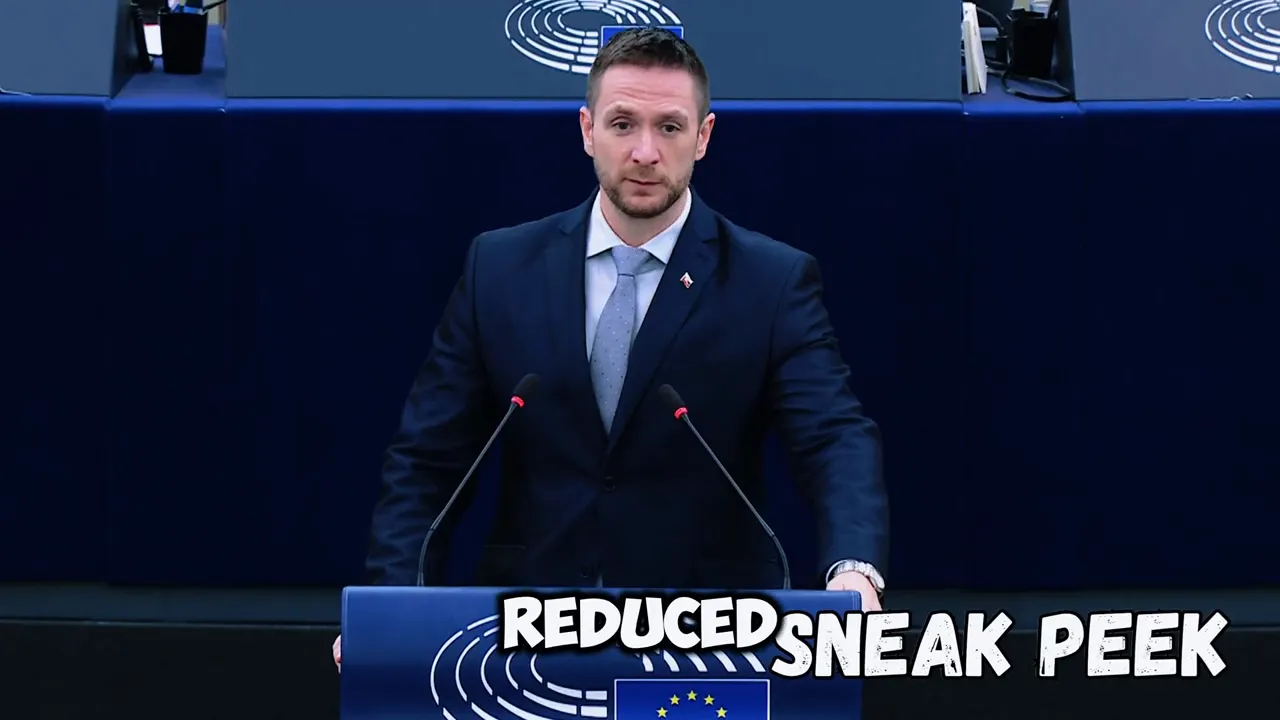
The Impact of Social Media on Elections
Social media has transformed the electoral process, serving as both a platform for communication and a battleground for ideas. Its influence extends far beyond mere advertising; it shapes public opinion and mobilizes voters in unprecedented ways.
New Avenues for Engagement
Platforms like TikTok and X have become vital tools for reaching constituents. Attempts to ban or regulate these platforms are futile; people will always find alternative ways to communicate. This resilience reflects the adaptability of the electorate, especially younger members.
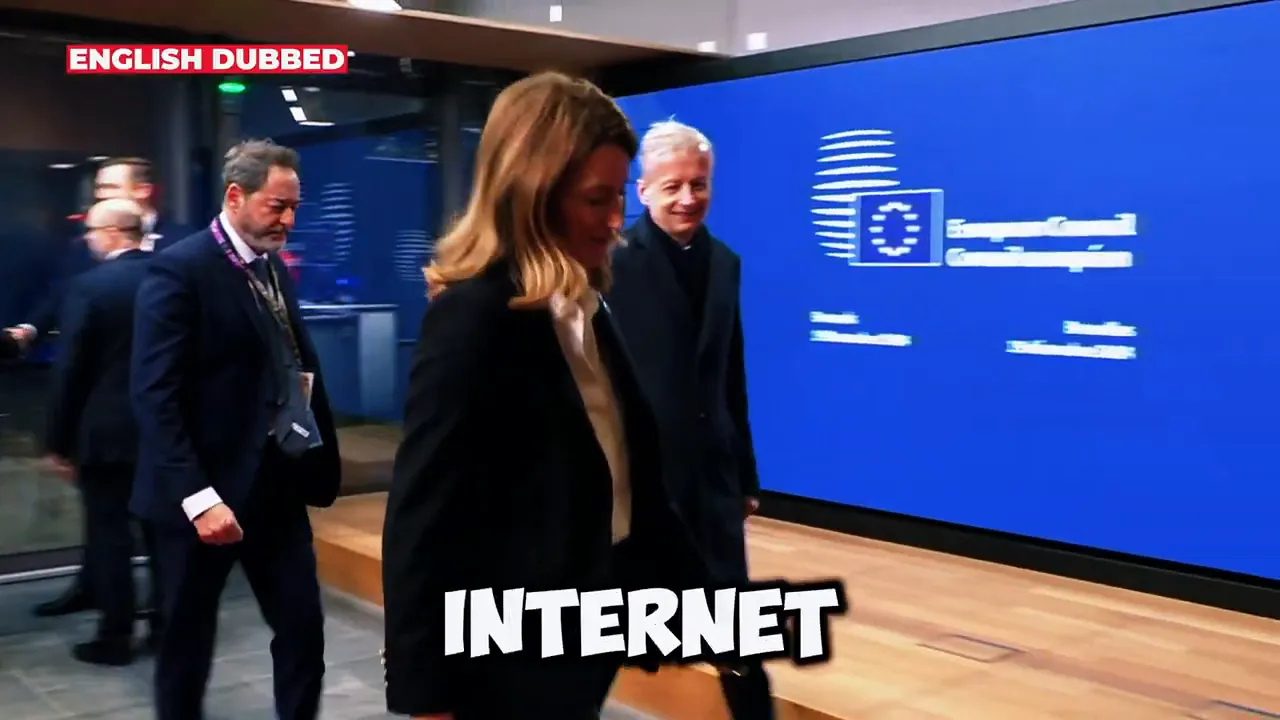
Allegations of Misinformation and Censorship
The narrative surrounding misinformation is often weaponized to justify censorship. However, it is essential to scrutinize who defines misinformation and for what purpose. The selective targeting of social media platforms reveals a deeper agenda.
Manipulation by Authorities
Recent allegations against the European Commission for using personal data for political propaganda underscore the hypocrisy in their claims of combating misinformation. This manipulation raises serious questions about the integrity of information being disseminated to the public.

The Power Struggle
As political entities manipulate narratives to maintain control, they simultaneously lose credibility. The focus on social media as a primary source of misinformation while overlooking traditional media’s influence exposes a double standard. This inconsistency only serves to fuel public skepticism.
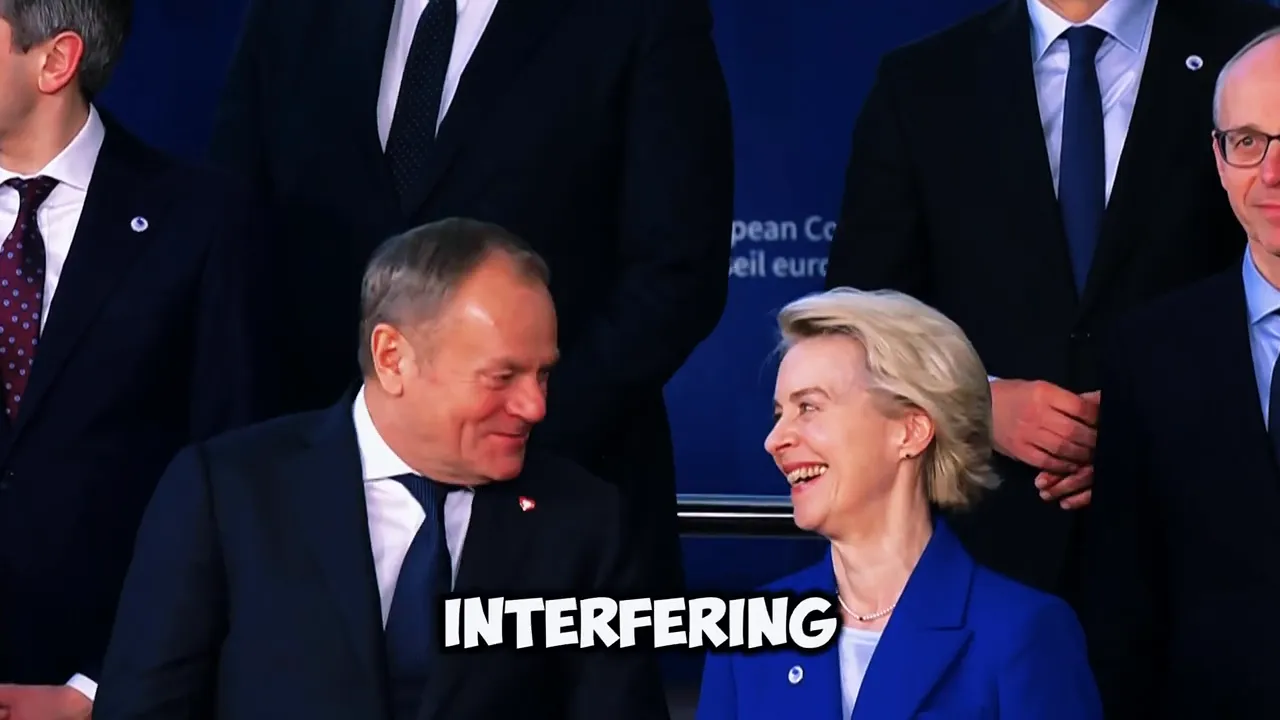
The Role of Digital Service Act (DSA)
The Digital Service Act (DSA) has been positioned as a regulatory framework aimed at ensuring the safety of online platforms. However, its implications for freedom of expression raise serious concerns. While the DSA claims to protect users from harmful content, its execution often leads to an overreach that stifles diverse opinions.
Critics argue that the DSA could inadvertently empower authorities to censor voices that challenge the status quo. By placing the onus on platforms to monitor and control content, it creates a chilling effect where platforms may preemptively remove content to avoid penalties. This scenario poses a significant risk to democratic discourse.
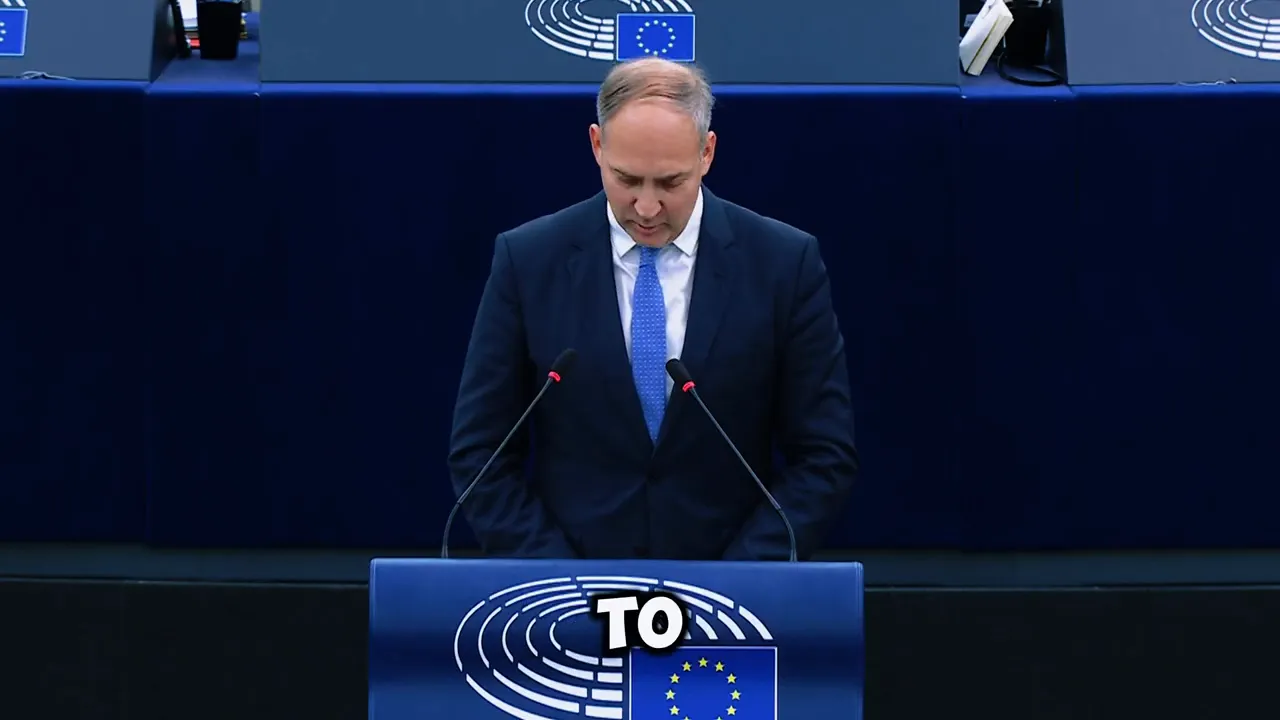
Social Media as Battlegrounds for Democracy
Social media platforms have evolved into critical arenas for democratic engagement. They serve as spaces for political debate, mobilization, and grassroots organization. Yet, these platforms are also fraught with challenges, as they become battlegrounds for competing ideologies.
In recent years, platforms like X and TikTok have witnessed a surge in political activity and discourse. However, the increasing regulation and censorship threaten to undermine this vibrant exchange of ideas. The struggle for control over these platforms is a reflection of the larger battle for democratic principles.
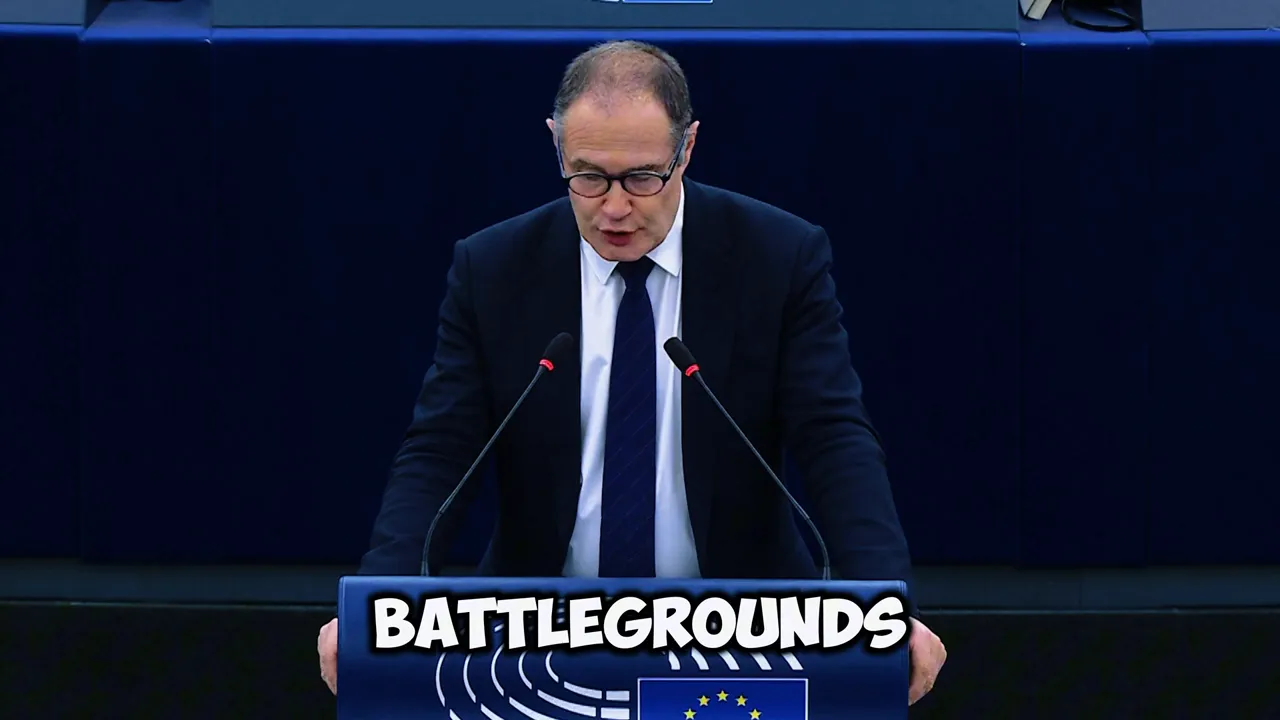
The Risks of Censorship
As social media becomes central to political processes, the risk of censorship intensifies. Authorities may label dissenting views as misinformation, leading to the suppression of legitimate discourse. This trend not only inhibits free speech but also stifles the ability of citizens to engage meaningfully in their democracies.
- Suppression of Dissent: Voices that challenge government narratives are often silenced, creating an echo chamber.
- Loss of Public Trust: When censorship is perceived as politically motivated, it breeds skepticism toward institutions.
- Manipulation of Information: The narrative surrounding misinformation can be weaponized to serve political ends.
The Need for Diverse Voices
Diversity of opinion is vital for a healthy democracy. It fosters debate, encourages critical thinking, and allows for a more comprehensive understanding of complex issues. When platforms censor certain voices, they not only limit the discourse but also disenfranchise segments of the population.
To truly uphold democratic values, it is essential that all perspectives are represented. This includes those that may be unpopular or controversial. The act of silencing dissenting opinions is a dangerous precedent that can lead to a homogenized narrative where only certain viewpoints are validated.
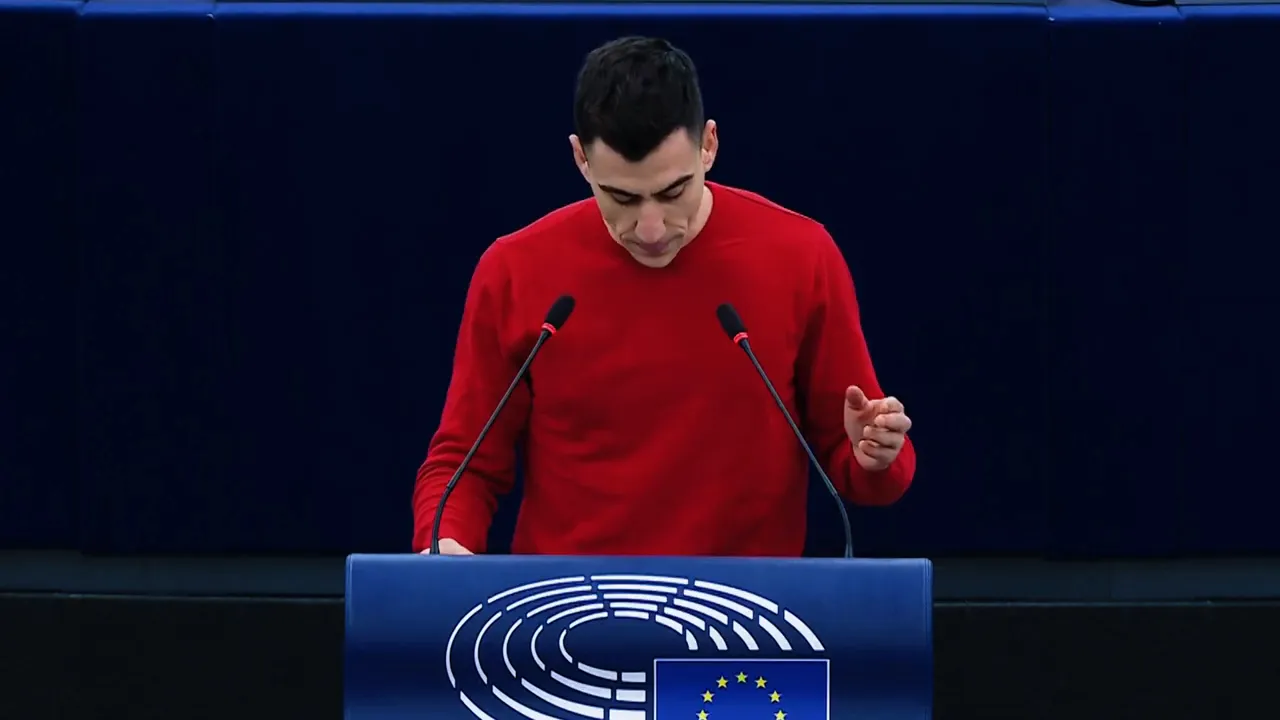
Censorship: A Tool of Control
Censorship has long been used as a tool for control by various regimes. In the context of social media, it manifests through the suppression of content deemed undesirable by those in power. This practice not only undermines democratic ideals but also sets a dangerous precedent for future governance.
The selective targeting of content creates a skewed representation of reality. By labeling certain viewpoints as misinformation, authorities can effectively erase dissent from the public discourse. This manipulation is particularly alarming in the context of upcoming elections, where the stakes are high.
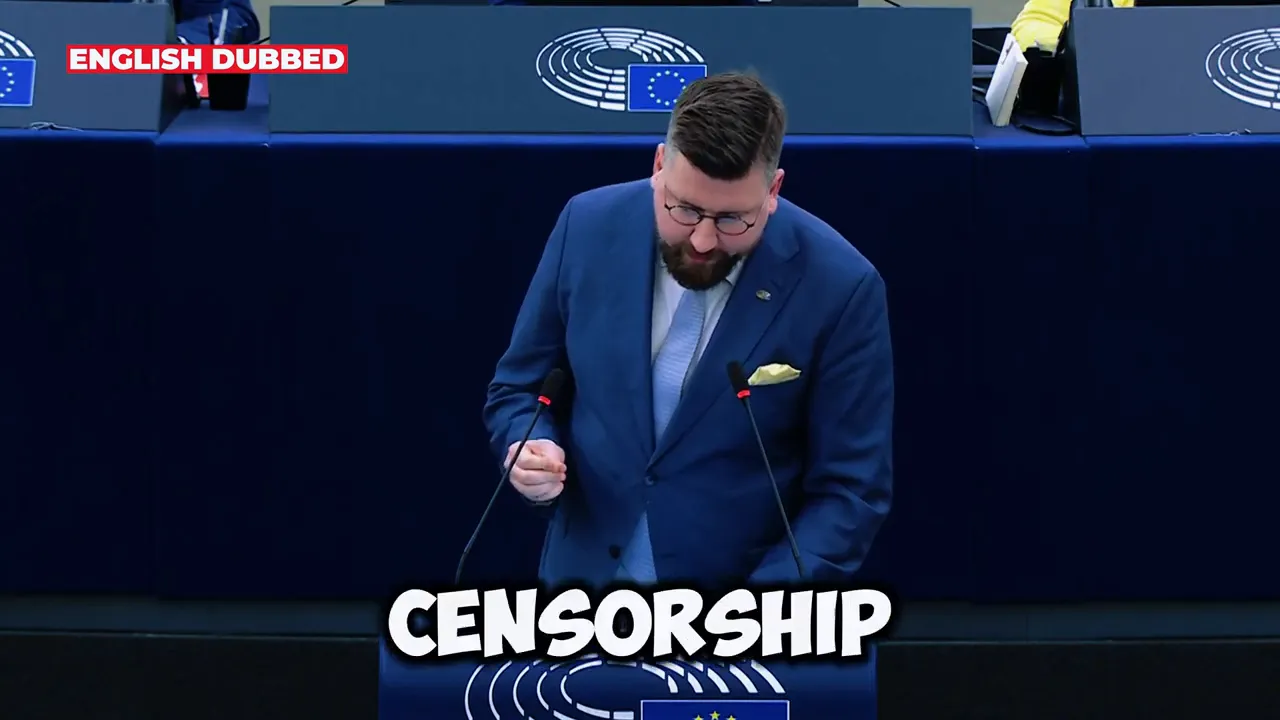
The Consequences of Censorship
The ramifications of censorship extend far beyond individual cases. They influence public perception and can alter the course of political events. The consequences include:
- Polarization: Censorship can deepen divisions within society, as groups rally around suppressed ideas.
- Disillusionment: Citizens may become disenchanted with democratic processes when they feel their voices are ignored.
- Radicalization: Suppression of dissent can push individuals toward more extreme viewpoints, as they seek validation outside mainstream discourse.
Recent Developments in Romania
In Romania, recent political developments have brought the issue of censorship to the forefront. The constitutional court’s decision to annul election results based on social media dynamics has raised alarm bells about the integrity of democratic processes. This situation underscores the fragility of democracy in the face of external pressures.
Critics argue that such actions reflect a broader trend of undermining the will of the people. When judicial decisions appear influenced by political agendas, it erodes public trust and confidence in democratic institutions. The implications of these developments extend beyond Romania, as they resonate with concerns across Europe.

The Political Landscape
The political landscape in Romania is marked by increasing tensions between established parties and emerging movements. As new voices gain traction, the response from traditional power structures often involves attempts to stifle dissent. This dynamic poses significant challenges for the future of democratic engagement.
- Emergence of New Movements: Grassroots initiatives are gaining visibility, challenging the status quo.
- Resistance to Control: Citizens are increasingly vocal against perceived injustices, demanding accountability.
- Impact on Elections: The manipulation of electoral outcomes raises questions about the legitimacy of democratic processes.
Responses to Censorship and Control
The backlash against censorship has led to a growing movement advocating for transparency and accountability in digital governance. Citizens are mobilizing to protect their rights and ensure that diverse voices are heard. This resistance is vital for preserving democratic values in an increasingly polarized environment.
Activists and organizations are working tirelessly to raise awareness about the dangers of censorship. They are pushing for reforms that prioritize freedom of expression and hold authorities accountable for their actions. The fight against censorship is not just about protecting individual voices; it is about safeguarding the democratic fabric of society.
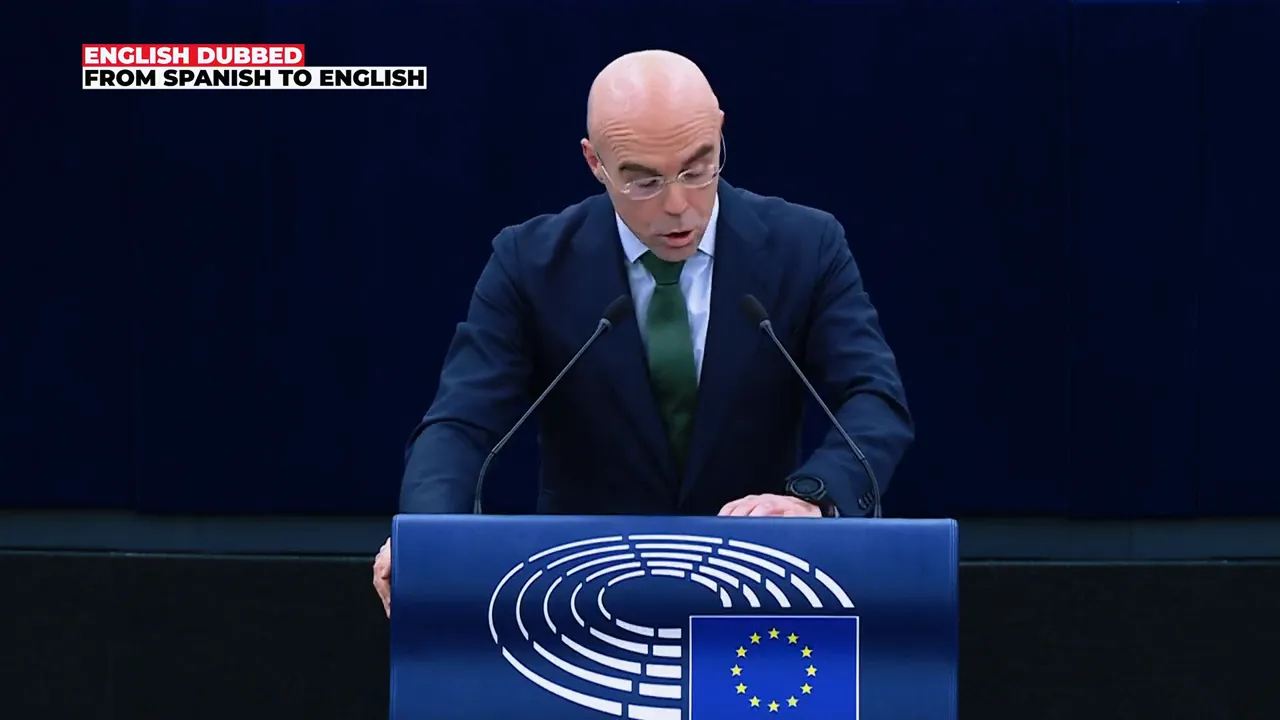
The Role of Technology and Innovation
Technology plays a crucial role in the fight against censorship. Decentralized platforms and innovative tools are emerging as alternatives to traditional social media, allowing users to share their perspectives without fear of suppression. These developments offer hope for a more inclusive digital landscape.
- Decentralized Platforms: Users can engage freely without centralized control.
- Encryption Technologies: Protecting user privacy and enabling secure communication.
- Grassroots Movements: Leveraging technology to organize and amplify dissenting voices.
The Manipulation of Public Perception
In the current political climate, the manipulation of public perception plays a crucial role in shaping electoral outcomes. Authorities often exploit social media to craft narratives that align with their agendas, leading to a distorted representation of reality. This manipulation is particularly evident in the way dissenting voices are silenced under the guise of combating misinformation.
The effectiveness of social media as a tool for political engagement is undeniable. However, it also serves as a battleground where various factions vie for control over the narrative. The recent events in Romania exemplify how quickly public sentiment can be swayed through targeted campaigns and strategic messaging.
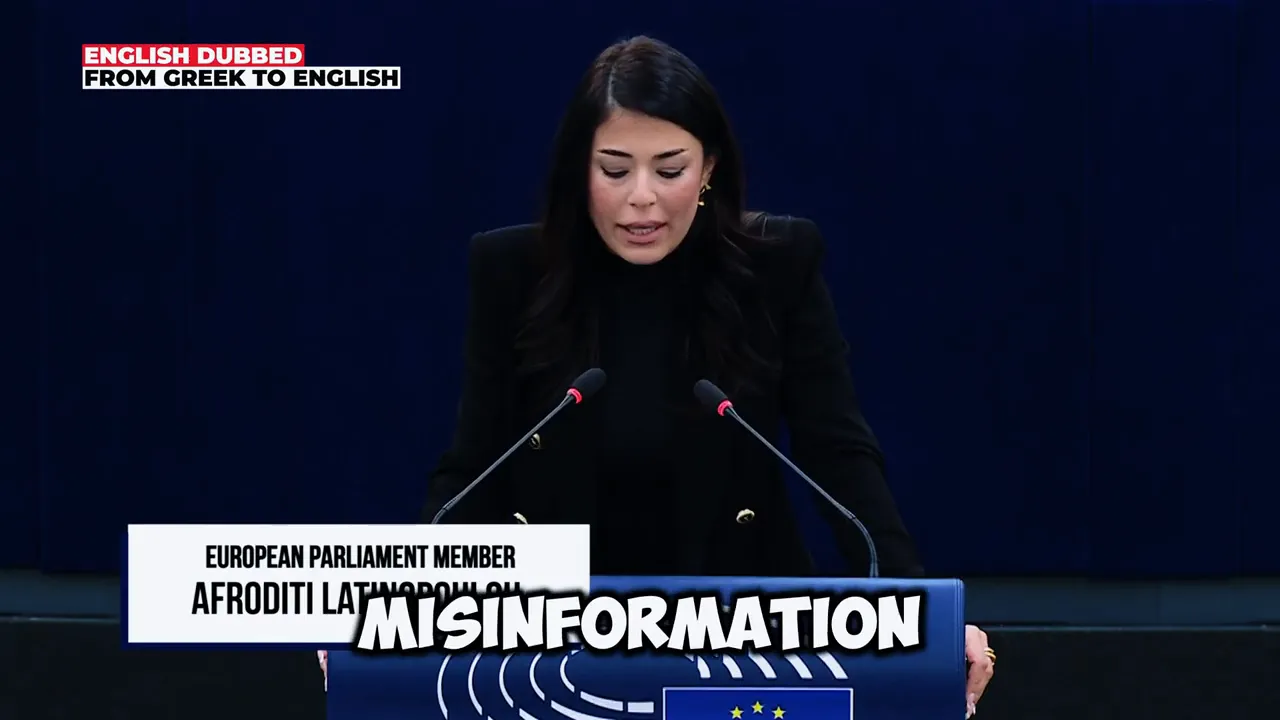
The Role of Algorithms
Algorithms play a pivotal role in determining which voices are amplified and which are muted. Platforms like TikTok and X utilize complex algorithms that can favor certain content over others, often without transparency. This lack of clarity raises questions about who controls the narrative and whose voices are prioritized.
When algorithms are manipulated to suppress dissent, the consequences are far-reaching. The ability to influence public opinion becomes a powerful tool in the hands of those who wish to control the political landscape. This manipulation not only undermines democracy but also erodes trust in the platforms themselves.

A Call for Freedom of Expression
Freedom of expression is a fundamental pillar of democracy. It allows for the open exchange of ideas and fosters a society where diverse perspectives can coexist. Yet, the increasing trend toward censorship threatens this vital principle. As political entities attempt to control the narrative, the voices of dissent are increasingly marginalized.
It is imperative that we advocate for the protection of free speech, especially in the digital realm. The call for censorship often arises from a place of fear—fear of losing control or fear of facing uncomfortable truths. However, the solution lies not in silencing voices, but in fostering an environment where all opinions can be heard and debated.
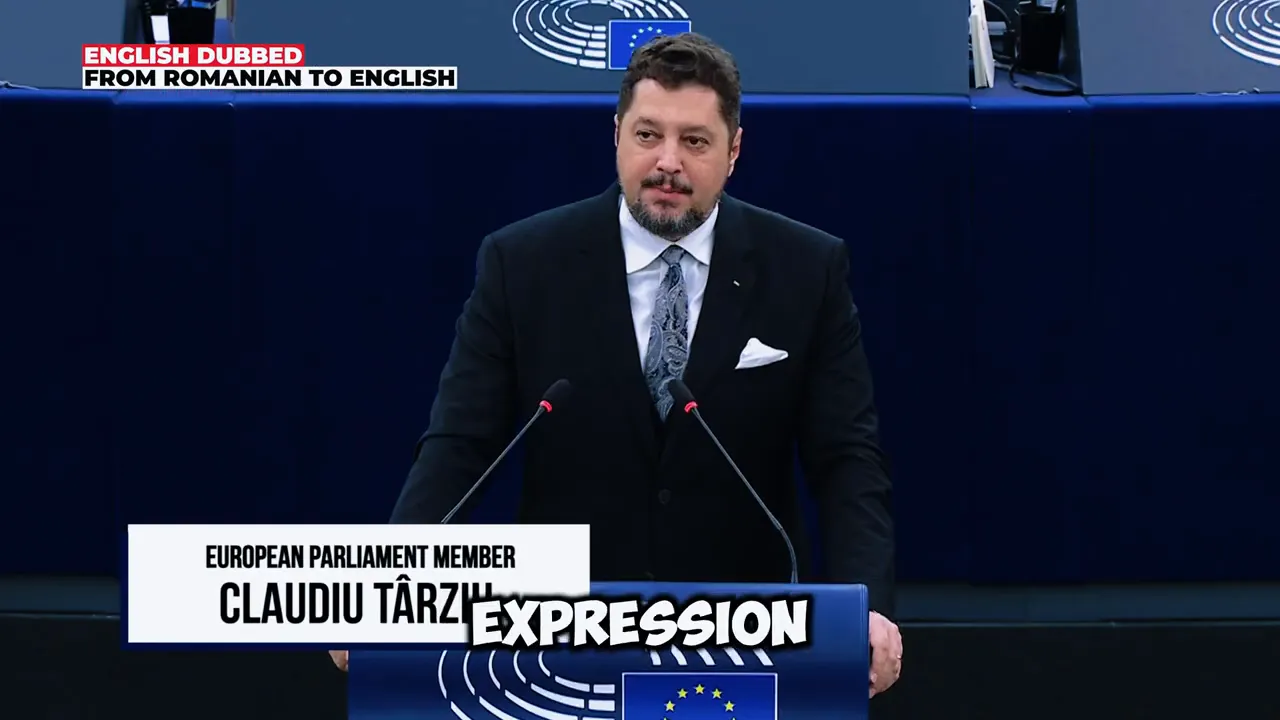
The Importance of Diverse Perspectives
Diversity of thought is essential for a healthy democracy. It encourages critical thinking and helps to challenge the status quo. When certain viewpoints are systematically excluded from the conversation, the democratic process suffers. Citizens must be empowered to express their opinions without fear of retribution.
To truly uphold democratic values, we must create a space where all voices can be heard. This includes those that may be unpopular or controversial. Silencing dissenting opinions threatens to create a homogenized narrative that does not reflect the true complexity of society.
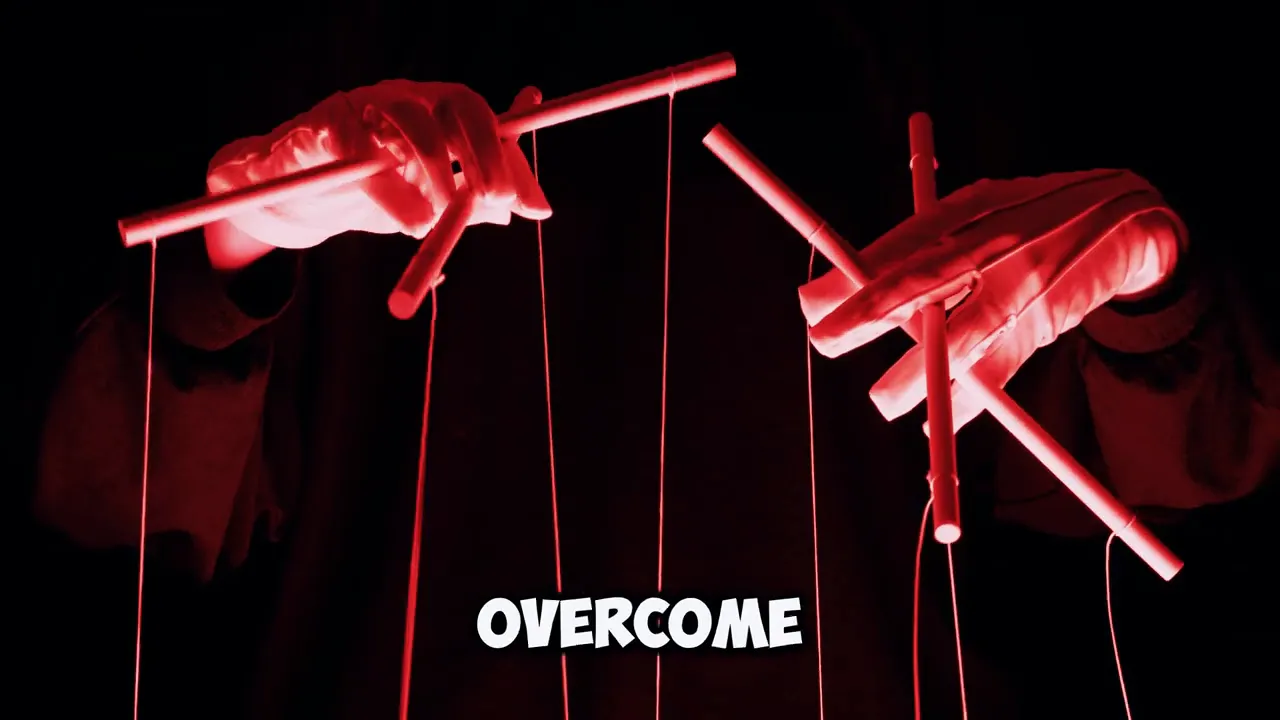
The Future of Democracy in Europe
The future of democracy in Europe hinges on the ability to navigate the challenges posed by digital platforms and the threat of censorship. As governments seek to impose regulations under the guise of protecting citizens, it is crucial to remain vigilant. The balance between safety and freedom must be carefully maintained to ensure that democratic principles are upheld.
Recent events in Romania have raised alarm bells about the fragility of democratic institutions. The annulment of election results serves as a stark reminder of the potential consequences when political power is allowed to override the will of the people. This situation must serve as a catalyst for renewed commitment to democratic values across Europe.
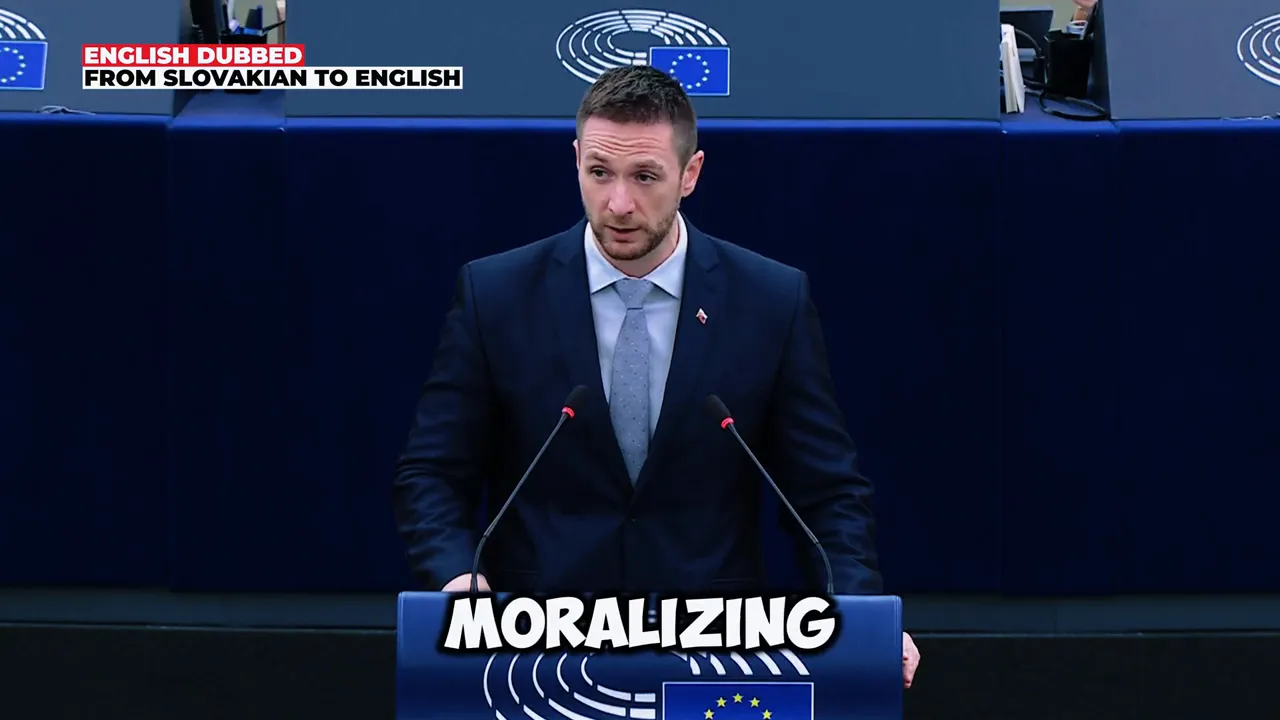
Engaging the Youth
The youth of today are increasingly disillusioned with traditional political structures. As they turn to social media for information and engagement, it becomes essential to listen to their concerns. Young voters represent a powerful force for change, and their voices must be included in the political discourse.
Efforts should be made to bridge the gap between younger generations and political leaders. By fostering open communication and addressing the issues that matter to them, we can build a more inclusive democracy that reflects the diverse needs of society.
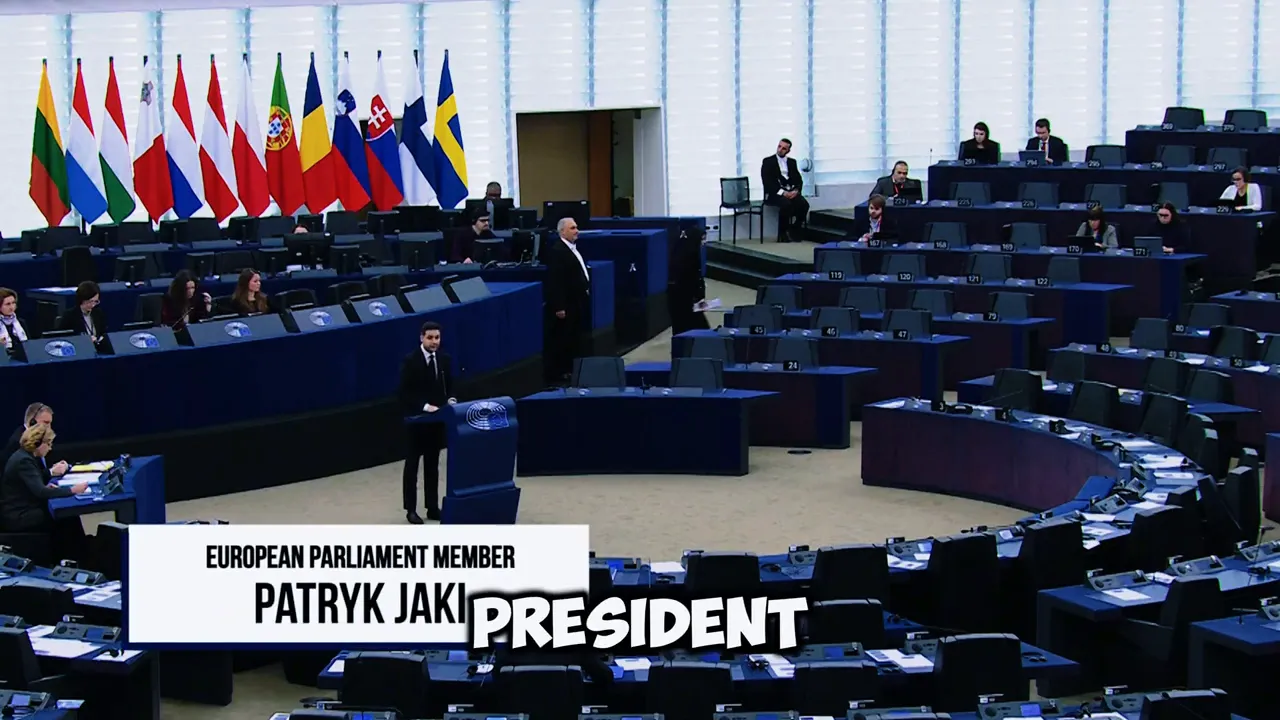
Conclusion: The Fight for Freedom Continues
The ongoing battle for freedom of expression is far from over. As we face increasing attempts to control the narrative and silence dissent, it is crucial that we remain steadfast in our commitment to democratic values. The fight for freedom is not just a political struggle; it is a moral imperative that affects the very foundation of our society.
We must continue to advocate for a future where diverse voices are celebrated, and where censorship has no place. This is a fight for the integrity of our democracies and for the rights of every citizen to express their views freely. As we move forward, let us remember that the strength of our democracy lies in its ability to embrace all perspectives, even those that challenge the status quo.
